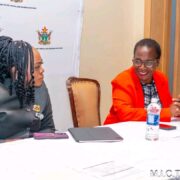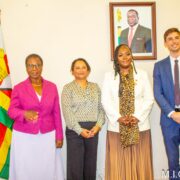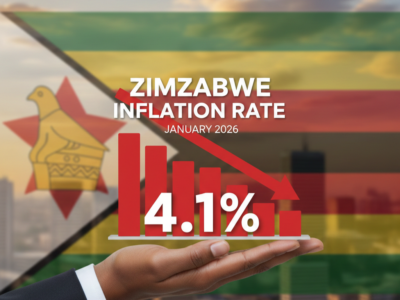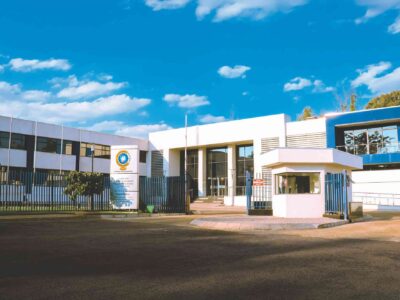The Zimbabwean government, in partnership with the United Nations Development Programme (UNDP) and CBZ Bank, is injecting US$40,000 in prize money to fast-track homegrown AI and technology innovations, signalling a strategic shift from policy to practical support.
The announcement was made by the Minister of ICT, Postal and Courier Services, Hon. Tatenda A. Mavetera, during her keynote address officially opening the UNDP AI & Innovation Week 2025 on the 25th of November.
Minister Mavetera framed the week as a national signal of intent, underscoring the government’s commitment to leveraging Artificial Intelligence not as a distant concept, but as a present-day tool for economic transformation. The minister added that AI is no longer futuristic but is already reshaping futuristic, redefining jobs and opening new economic frontiers, directly linking technological adoption to national development.
“Around the world, AI is transforming economies. It is reshaping how nations govern, how industries operate, and how societies engage and learn”, said the minister.
The substantial prize pool, to be awarded at the Week’s concluding AI & Innovation Awards Ceremony, is strategically targeted at the nation’s youth. A significant portion, US$20,000, is dedicated to winners of the MineTech Innovation Challenge and the Lithium Value Chain Hackathon. This focus channels youthful innovation towards solving real-world challenges in Zimbabwe’s critical mining and natural resources sectors, with the top team walking away with US$10,000.
The event has put youth innovation at centre stage with exhibitions and competitions designed as a launchpad for new ideas and emerging technopreneurs.
This Week allows youth to develop prototypes, solve real challenges, learn from experts, connect with investors, and build career pathways”, the minister Mavetera stated.
Beyond immediate funding, the minister outlined the crucial groundwork being laid to build a sustainable tech ecosystem. She celebrated the progress of foundational programs like the 1.5 Million Coders Programme and unveiled plans for an upcoming Advanced Digital Skills Programme. This new initiative is set to offer specialised training in high-demand fields such as AI, blockchain, and cybersecurity, ensuring the local workforce is equipped for the jobs of the future.
Acknowledging the role of global partnerships, Minister Mavetera applauded UNDP for its support, noting that such collaboration is vital to strengthening Zimbabwe’s readiness for the Fourth Industrial Revolution.















Comments